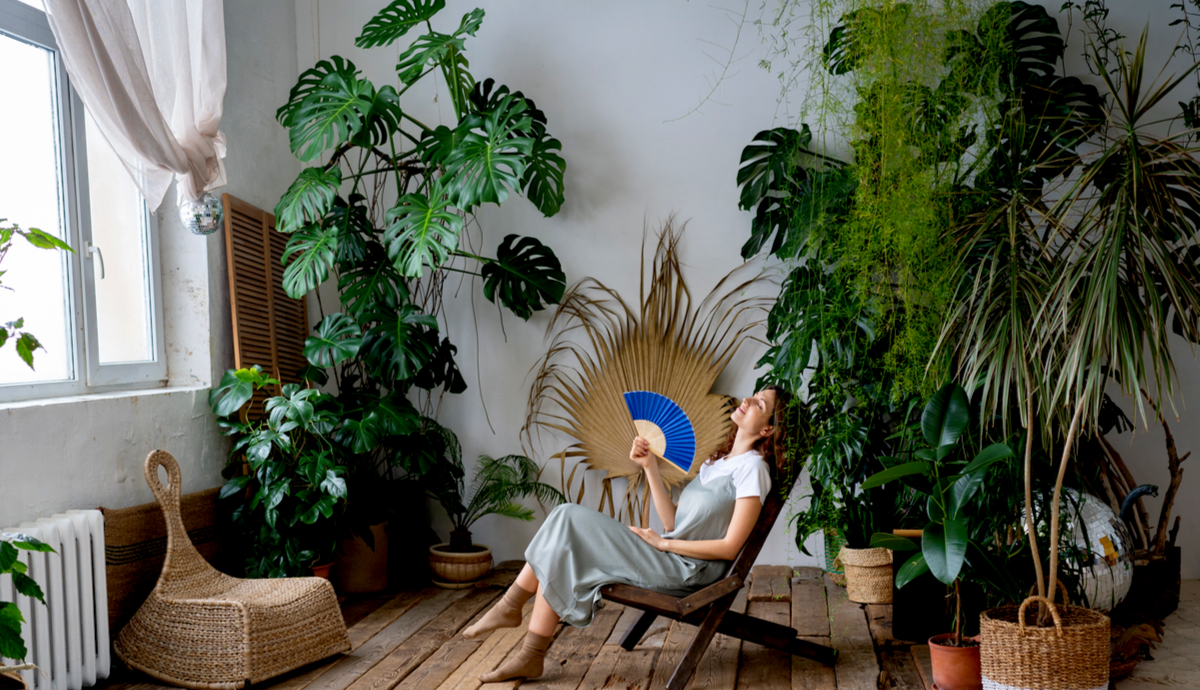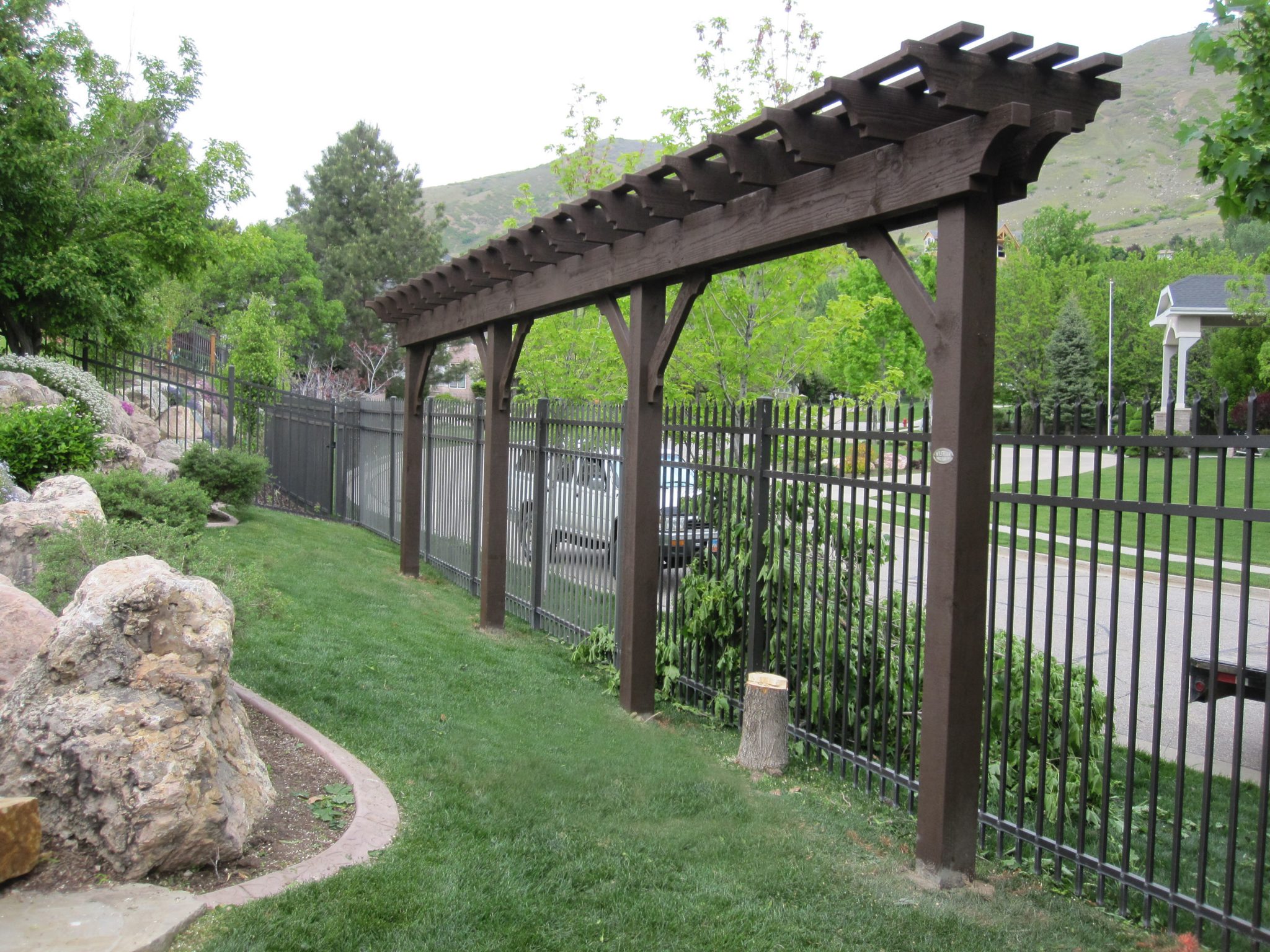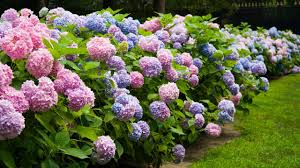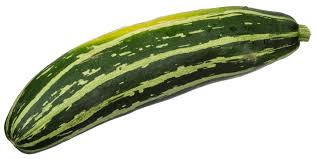Indoor gardening has become increasingly popular as people seek to connect with nature, improve air quality, and add a touch of greenery to their living spaces. Whether you’re a seasoned gardener or a novice, indoor gardening offers a rewarding and fulfilling hobby.
Benefits of Indoor Gardening:
- Improved Air Quality: Many houseplants can help purify the air by absorbing toxins and releasing oxygen.
- Reduced Stress: Caring for plants can be a therapeutic and stress-relieving activity.
- Enhanced Mood: Studies have shown that indoor plants can boost mood and reduce feelings of anxiety and depression.
- Aesthetic Appeal: Indoor plants can add a touch of natural beauty and elegance to any room.
Getting Started:
- Choose the Right Plants:
- Low-Light Plants: Snake plants, peace lilies, and ZZ plants thrive in low-light conditions.
- Bright-Light Plants: African violets, orchids, and succulents prefer bright, indirect light.
- High-Humidity Plants: Ferns, bromeliads, and orchids require higher humidity levels.
- Select the Perfect Pot:
- Size Matters: Choose a pot that is slightly larger than the plant’s root ball.
- Drainage is Key: Ensure the pot has drainage holes to prevent waterlogging.
- Prepare the Soil:
- Well-Draining Soil: Use a well-draining potting mix specifically designed for indoor plants.
- Nutrient-Rich Soil: Add a slow-release fertilizer to provide essential nutrients.
- Provide Adequate Light:
- Natural Light: Place your plants near windows that receive ample sunlight.
- Artificial Light: Use grow lights to supplement natural light, especially during winter months.
- Water Wisely:
- Check Moisture Levels: Use your finger to test the soil moisture before watering.
- Avoid Overwatering: Overwatering is a common cause of plant death.
- Maintain Optimal Temperature and Humidity:
- Ideal Temperature: Most houseplants thrive in temperatures between 65°F and 75°F (18°C and 24°C).
- Humidity: Use a humidifier or mist your plants regularly to increase humidity.
- Prune Regularly:
- Remove Dead or Yellowing Leaves: Prune your plants to encourage healthy growth.
- Shape Your Plants: Trim your plants to maintain their desired shape.
By following these tips, you can create a thriving indoor garden that will bring joy and beauty to your home. Remember, indoor gardening is a journey, not a destination. Experiment with different plants, techniques, and lighting conditions to discover what works best for you.
Would you like to know more about specific indoor plants or gardening techniques?



